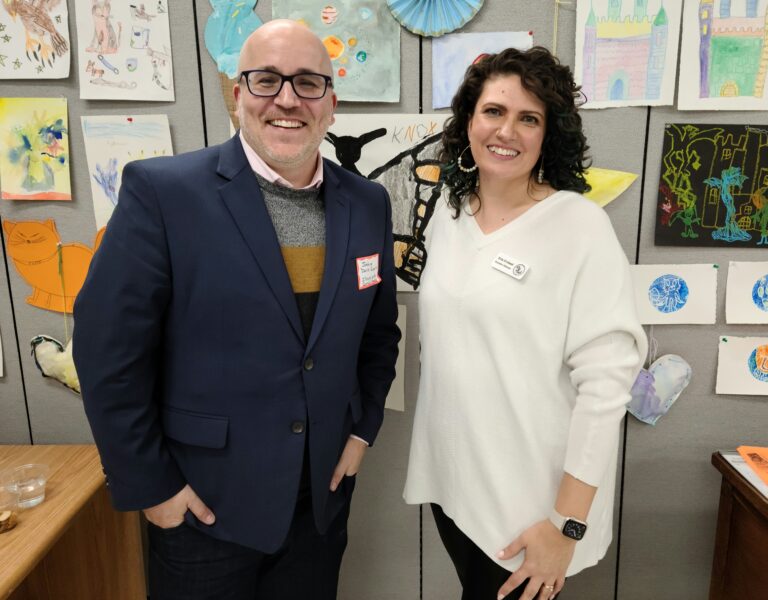RUSHVILLE — The Illinois Arts Council Agency provides grants to not-for-profit organizations around the state. But right now, it’s seeking something back – input.
The state agency is holding a listening tour with a focus on central and southern Illinois.
“I’m blown away by all of the stuff that is happening in the nooks and crannies of the state of Illinois. It is astounding and it’s a lot of fun to be a part of,” said Joshua Davis-Ruperto, Executive Director of the IACA.
The listening tour brought Davis-Ruperto and several other members of the IACA leadership team to the Hub Arts & Cultural Center in Rushville on Monday.
Davis-Ruperto said the agency is striving to re-evaluate its programs from a down-up perspective.
“We want to go into communities, see what the issues are, see how we can best support the people that need the money, and build the programming based on that as opposed to doing it from the top-down,” he said.
Davis-Ruperto said they’ve been hearing on the tour about struggles organizations are facing – struggles to keep the doors open and the lights on as we slowly come out of the pandemic.
Giving grants throughout Illinois
Davis-Ruperto said the IACA is a state agency that distributes taxpayer dollars through grants, and one of its goals is to help Illinois artists and organizations succeed – they want to make sure no one is left behind.
“We don’t have a competitive process,” he said. “You’re not in competition with anybody. We’re taking a look at what you’re doing for your community, and if you’re doing good work, we want to support that.”
Davis-Ruperto said the IACA is partnering with the National Assembly of State Arts Agencies to do “a hardcore assessment” of the IACA’s general operating support grant fund. The majority of the IACA’s funding goes through that program.
He said they want to ensure diversity in the funding – racial diversity, geographic diversity, all kinds of diversity – to determine which communities might be getting left behind through the current process.
He said the agency can then make “as many changes as we possibly can” to the granting program to ensure it meets the needs of those who are currently being left behind.
Arts for everyone
Davis-Ruperto believes the arts should be a shared experience, and that’s why the arts were hurt so much by the pandemic.
He also believes the arts should not be considered elitist. He said the arts are about culture and community.
“Culture is our history. It’s who we are as a people,” he said.
In addition, he said the arts can be an economic driver for communities.
“When people go to see a play or they go to an event, they don’t just go to an event. They may go shopping in the area. They may get dinner. We are a resource in order to revitalize a community,” he said.

